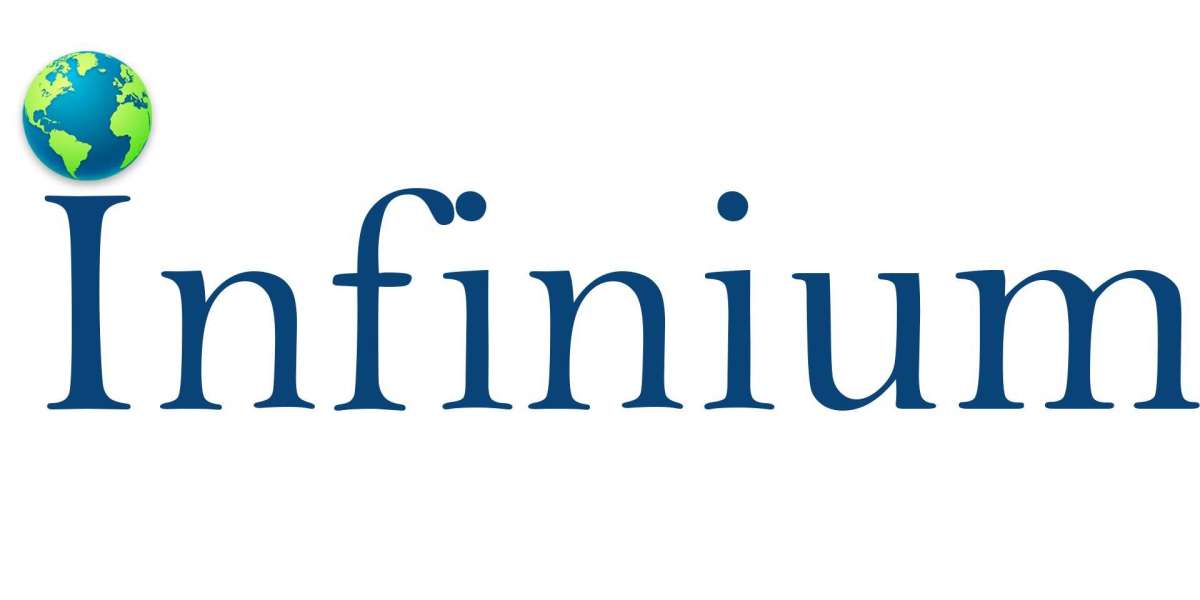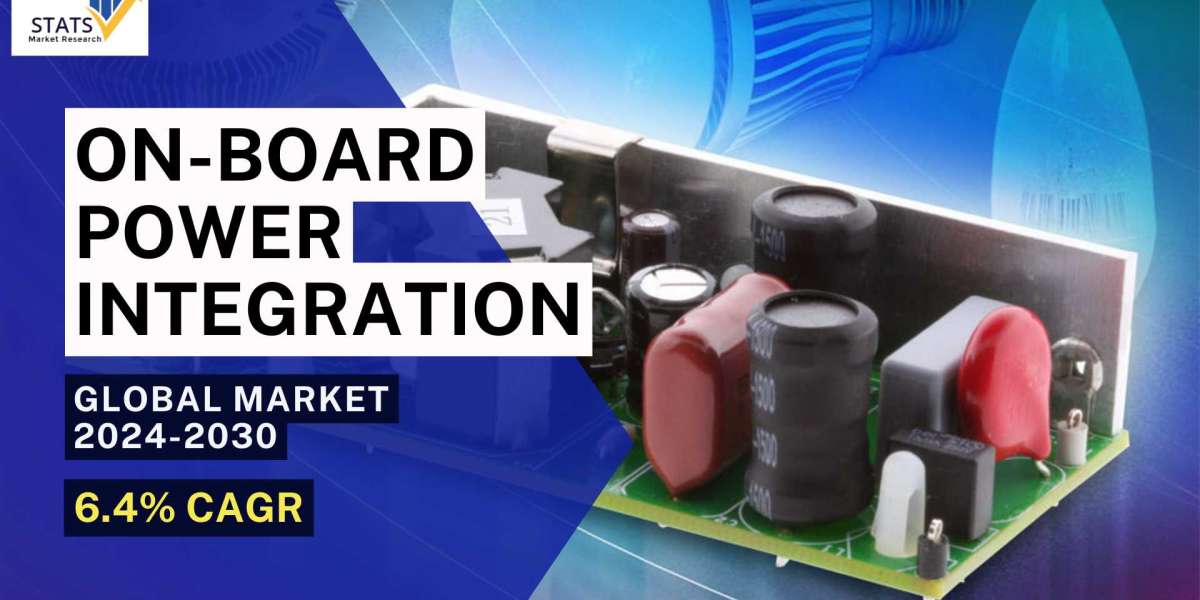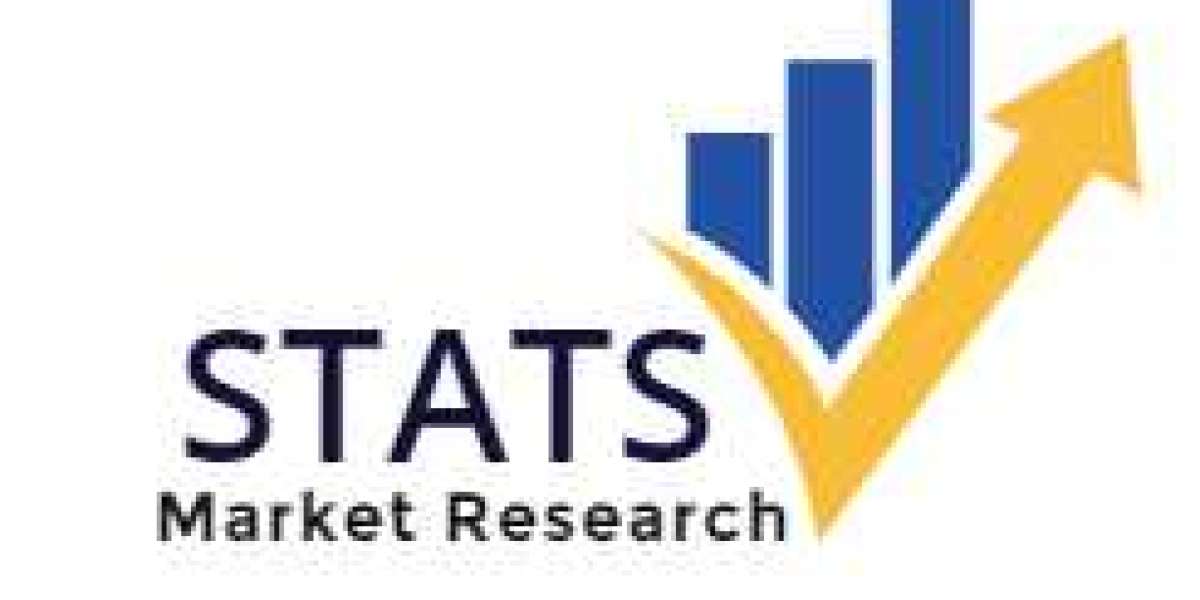Refrigeration monitoring acts as a guardian for perishable goods, safeguarding their quality and safety. This includes essential products like food, medicine, and chemicals. The technology behind it is quite sophisticated, using advanced systems to meticulously track and record temperature and other environmental factors within refrigeration units. By doing this, it ensures the integrity and extends the shelf life of stored products by minimizing risks associated with temperature variations. In essence, refrigeration monitoring is the silent hero working behind the scenes to keep our food fresh, our medicine potent, and our chemicals stable.
??????? ?? ???????? ?????? ?? ???? ????????? ?????? @: https://www.infiniumglobalresearch.com/reports/sample-request/20421
The refrigeration monitoring market is thriving due to a perfect storm of factors. First, there's a growing demand for fresh, high-quality perishable goods, which in turn necessitates reliable cold chain solutions. This is particularly evident in the food and beverage industry. Secondly, the pharmaceutical industry is increasingly reliant on cold storage for temperature-sensitive medications, further boosting the market.
Technology is another key driver. The marriage of IoT (Internet of Things) and AI (Artificial Intelligence) with refrigeration systems has resulted in smarter, more automated monitoring solutions. These advancements allow for real-time tracking, predictive maintenance, and remote control, significantly improving cold storage efficiency.
The applications for refrigeration monitoring are vast. From ensuring food safety and regulatory compliance in food service and retail to managing cold chain logistics and preventing spoilage during transportation, this technology plays a vital role across various sectors. Additionally, with rapid urbanization and the expansion of retail chains and cold storage facilities in developing regions, the market is poised for further growth in emerging economies.
The future holds even more exciting developments. Advancements in sensor technology, cloud computing, and big data analytics promise to make refrigeration monitoring systems even more efficient, cost-effective, and user-friendly, ensuring the continued health and safety of our perishable goods.
Market Segmentation
Market Breakup by Application
- Transportation: Ensures safe and optimal temperature conditions for perishable goods during transit.
- Storage: Monitors temperature and other environmental factors within storage facilities like warehouses or walk-in coolers.
Market Breakup by Sensors:
- The cornerstone of refrigeration monitoring, these track and record temperature fluctuations within the system.
- Defrost Sensors: Crucial for preventing ice buildup and maintaining optimal efficiency, these sensors detect when defrosting cycles are necessary.
- Liquid Level Sensors: Monitor the levels of coolants or refrigerants within the system, ensuring proper operation.
- Pressure Sensors: Detect pressure variations within the refrigeration unit, which can indicate leaks or malfunctions.
- Motion Sensors: Can be used for security purposes or to detect unauthorized access to the refrigeration unit.
- Contact Sensors: Monitor the physical state of doors or other access points, ensuring they remain closed and sealed.
- Other Sensors: This category encompasses additional technologies like humidity sensors or light sensors for comprehensive monitoring.
Market Breakup by Offering
- Software: Provides data visualization, analysis, and reporting capabilities, allowing users to gain insights into refrigeration performance.
- Hardware: The physical components of the monitoring system, including sensors, data loggers, and communication devices.
- Services: Installation, maintenance, and ongoing technical support for refrigeration monitoring systems.
Market Breakup by Industry
- Food Beverage: Crucial for maintaining food safety and quality throughout the supply chain.
- Pharmaceuticals: Essential for preserving the efficacy and potency of temperature-sensitive medications.
- Hospitals: Ensures proper storage and handling of vaccines, blood products, and other critical medical supplies.
- Residential: Used in high-end refrigerators and freezers for advanced monitoring and control.
- Others: This category includes applications in hospitality, logistics, and research institutions.
Market Breakup by Region
- North America
- Europe
- Asia Pacific
- Latin America
- Middle East and Africa
Report Overview: https://www.infiniumglobalresearch.com/reports/global-refrigeration-monitoring-system-market
Competitive Landscape
- Tech Titans: Companies like Zebra Technologies and Texas Instruments contribute their expertise in sensor technology and data management solutions.
- Industrial Powerhouses: Emerson Electric, Danfoss, and Dover Corporation bring their established presence in industrial automation and controls to the table.
- HVAC Giants: Daikin Industries and Carrier Commercial Refrigeration leverage their expertise in heating, ventilation, and air conditioning systems for integrated monitoring solutions.
- Building Automation Experts: Johnson Controls leverages its building management systems to provide comprehensive cold chain monitoring solutions.
- Home Appliance Leaders: Haier Group, a major player in the home appliance market, offers monitoring technology for high-end refrigerators and freezers.
- Emerging Innovators: A growing number of innovative companies are contributing to the market with specialized monitoring solutions and services.
Future outlook Conclusion
- Growing Demand for Perishables: Consumer preference for fresh, high-quality food and expanding access to pharmaceuticals will continue to fuel the need for robust cold chain management.
- Stringent Regulations: Increasingly stringent regulations regarding food safety and pharmaceutical storage will necessitate reliable monitoring solutions.
- Technological Advancements: The integration of IoT, AI, and big data analytics will lead to smarter, more automated, and data-driven monitoring systems, improving efficiency and cost-effectiveness.
- Emerging Markets: Rapid urbanization and growing cold storage infrastructure in developing regions will present substantial new market opportunities.
Conclusion:
The refrigeration monitoring market offers a promising outlook for continued growth over the next decade. By addressing evolving needs, embracing technological advancements, and prioritizing sustainability, market players can capitalize on the vast opportunities in this space. The focus will shift towards intelligent, user-friendly, and secure monitoring solutions that cater to the specific requirements of diverse industries. As the demand for safe and efficient cold chain management intensifies, the refrigeration monitoring market is well-positioned to play a vital role in ensuring the quality and integrity of perishable goods across the globe.



